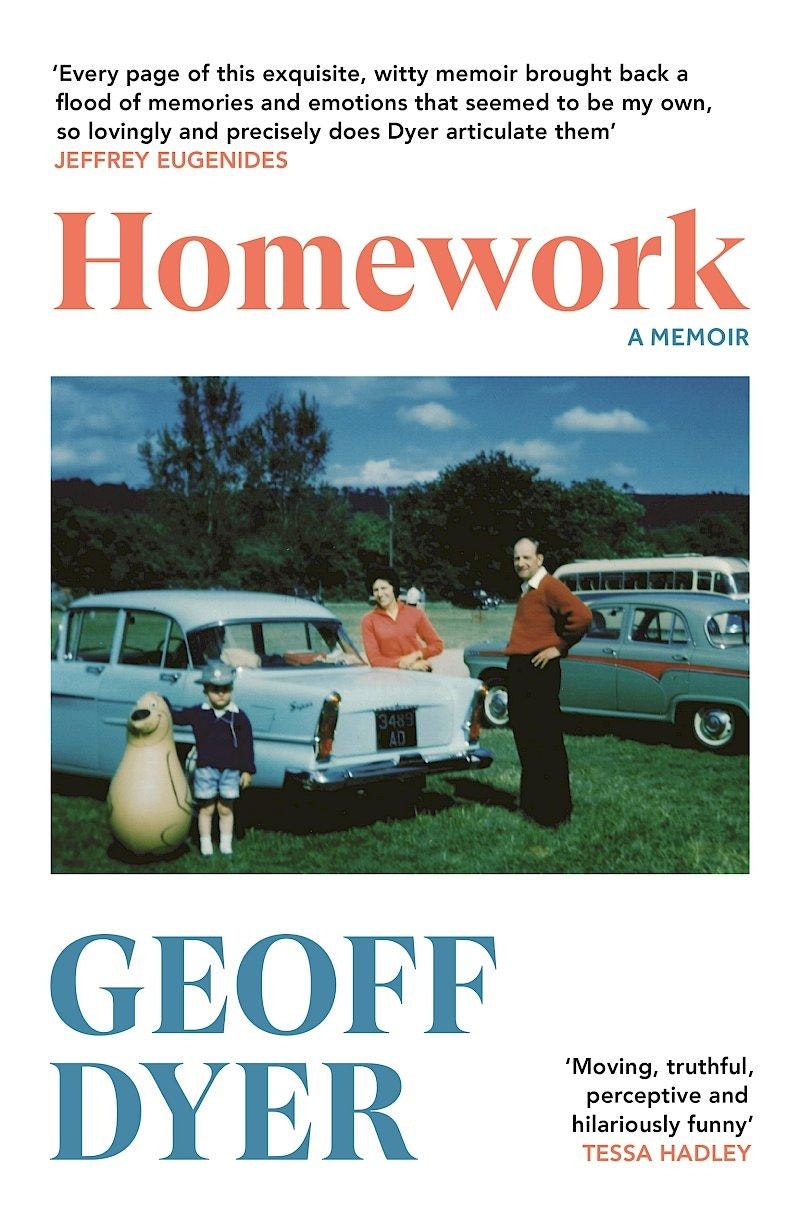This article is taken from the August-September 2025 issue of The Critic. To get the full magazine why not subscribe? Right now we’re offering five issues for just £25.
This is one of Geoff Dyer’s least interesting books, but that does not make it entirely uninteresting. The subject matter is almost stunningly dull: it is the autobiography of a lower-middle-class grammar-school boy who grew up in Cheltenham in the 1960s and 70s.
Nothing unusual happens, and all of it is described, at times, in granular detail: we learn of the concerts that he didn’t attend (Hawkwind, East Glos Tennis Club, 1972), the places he may have visited (“I can’t remember the names though hopefully it will drift back into my head at some point”), the (many) Action Men he dressed before sending them off to war on the other side of his bedroom.

The litany of dull suburban activities goes on, the familiar cultural reference points of those unforgotten decades played out like an eccentrically edited cine-film projected onto garish sitting-room wallpaper.
Anyone familiar with Dyer’s work will know he can transform unpromising material into highly accomplished prose. The range of his interests make him, to some extent, one of the least predictable authors writing today. I say “to some extent” because he has become, stylistically, very predictable. Or, to use a Dyerism, his unpredictability has become predictable.
Of course, he is not alone in being able to write about, say, music, cinema, sport and war, but it’s Dyer’s angles on each of these that have made him almost a cult figure for certain readers who cherish arcane subjects that can only be connected through clever prose. Dyer didn’t write a book about D.H. Lawrence; he wrote a book about not writing a book about D.H. Lawrence. Zona is self-styled as a “book about a film about a journey to a room”.
Like that of Martin Amis, Dyer’s writing style has proved hugely influential. There will be many unsolicited manuscripts rotting in a slush pile that veer into John Coltrane-like linguistic digressions but which fail to be as self-aware and entertaining as the author who inspired them. The writer (and reviewer) has to retain a critical distance or risk sliding into the many linguistic and intellectual ellipses found on almost every page, and this is no more true than in Homework.
Here Dyer moves from prosaic description to the poetic insight with speed, and there is always something outwardly plausible, or universal, to what he says. Reading the football results outside a Radio Rentals shop in the 1970s, even when he and his friends were teenagers, gave them a glimpse “of how life might be in an underfunded care home in Cowdenbeath (nil) or Brechin City (nil)”.
The bleakness of the experience doesn’t dissuade him from watching, even though it was “not worth watching [and] we had no interest” in what they were watching. Such a passage is quintessential Dyer who often consciously eschews Amis’s idea of elegant variation because of his own subject matter here. His language explores the lack of both elegance and variation in the sepia-toned 1960s.
Homework asks the reader a difficult question. What would you prefer: a well-written book about a dull life, or an interesting life written by a dull writer? Those unwritten books about the hidden lives which undertook unhistoric acts are unwritten, and would have been unread, for good reason.
We should be thankful that the writers who animated such lives — Eliot’s Prufrock, Larkin’s Bleaney, the Grossmiths’ Mr Pooter — invested in them a universality, and poetry, that they would have been incapable of articulating had they lived. Dyer’s childhood is dull, his language inventive, but is that enough? The answer is yes, but for reasons that are there on page one, but (in a Dyerish way) are not obvious.
At the start of the book there are maps of Cheltenham, as if the setting for what you are about to read is an exotic or lost world. It is another Dyer conceit, both playful and mournful. The maps are outwardly familiar, but they illustrate a long-gone country, as strange now as anything written by Conan Doyle or Jules Verne.
Because this is a book which, although it describes an ordinary family in an unexceptional town, is also an elegy to a Britain which seemed — in every Brooke Bond card collected, in the books available in corner shops, “Arnoldian or Reithian in spirit” — dedicated to improving itself. “The past is this country, this England,” he writes, “that England that has felt more mine than ever since I’ve been living … in California, where I’ll never feel at home.” That distance from home illustrates how much has been irredeemably lost. It is, as Larkin wrote, intensely sad.


![An art collector is set to cause some 'high drama' on BBC show Fake Or Fortune? as he turns down a huge sum of money for his 'lost masterpiece painting' [Hosts Fiona Bruce and Philip Mould with the painting last year]](https://www.americanpolibeat.com/wp-content/uploads/2025/08/Fake-Or-Fortune-drama-as-art-collector-takes-a-gamble-634x375.jpg)









